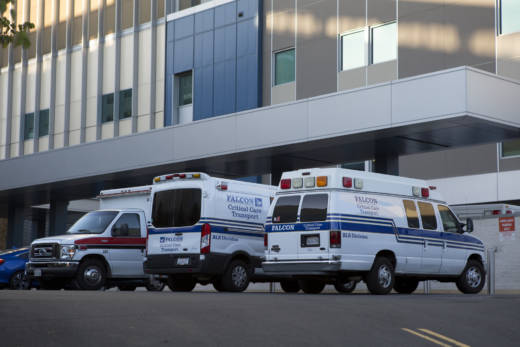Californians voted to deny EMTs and paramedics uninterrupted rest and meal breaks, passing Proposition 11 by 62 percent. The measure requires ambulance staff to remain on duty during breaks, keeping their radios and pagers turned on while they get coffee or lunch.
“This means ambulances will continue to get to the public as fast as they have been,” said Carol Meyer with McCormick Ambulance Service in Los Angeles. “It’s important for public safety.”
The debate over EMT breaks began in 2016, when the state Supreme Court decided private-sector security guards must be given uninterrupted breaks, essentially ruling that if an employee has to stay on call during a break, it’s not a break.
Ambulance companies realized this was likely going to apply to their EMTs and they got worried. If ambulances go offline to take a break, companies were going to have to acquire more ambulances and hire more people to staff them to maintain the same emergency response times. This would have lead to a 25 percent increase in costs — $100 million a year across the state, according to the Legislative Analyst’s Office.
That’s partly why the ambulance industry invested close to $30 million in favor of Proposition 11.

